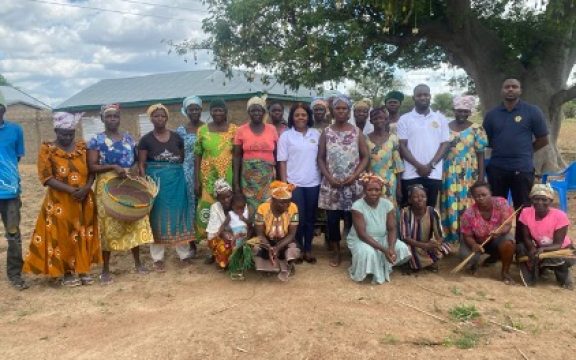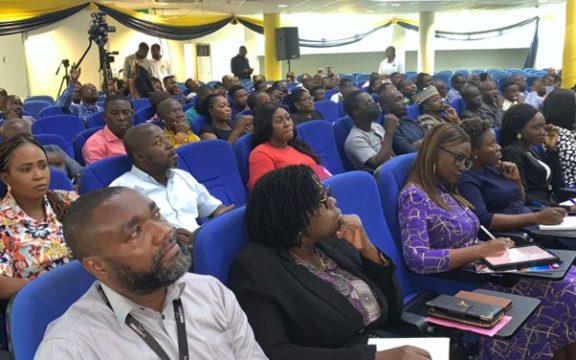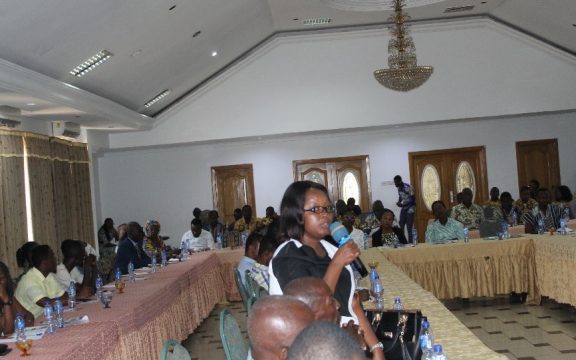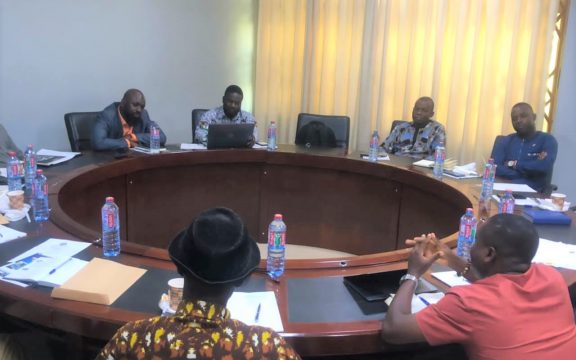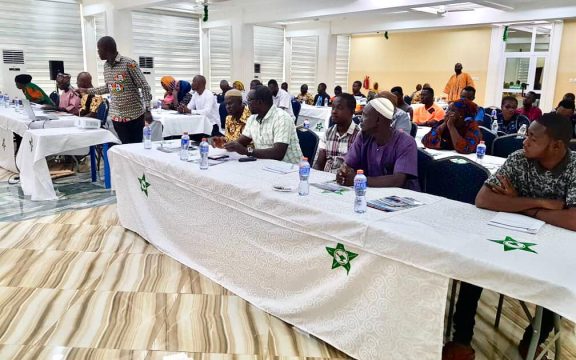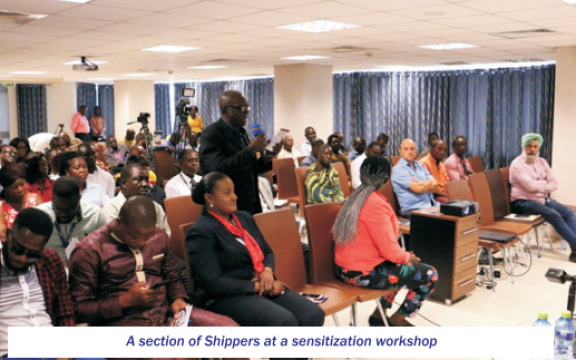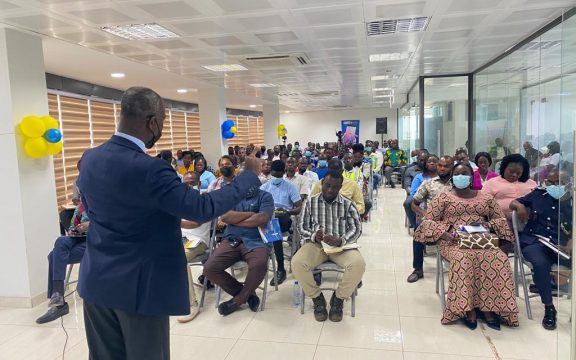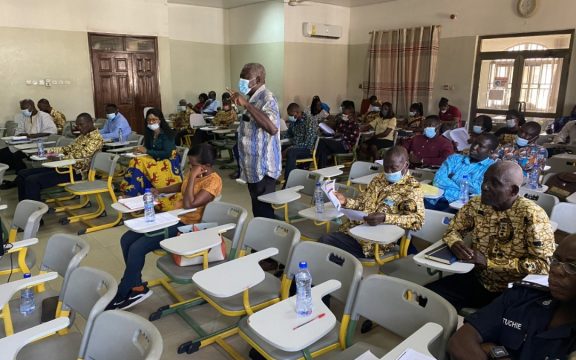The Association of Ghana Industry (AGI) has initiated talks with government to push for tax exemption on the importation of raw materials and partially manufactured goods into the country by manufacturing companies.
The move is to support and protect investments made into the country and to ensure that goods produced are affordable and able to compete favorably on the continent as the Africa Continental Free Trade Agreement (AfCFTA) is in full force. It is also to cushion locally produced goods from unfair competition posed by cheap imported goods.
 The President of AGI, Dr. Humphrey Kwesi Ayim-Darke in an interview with the Shipping Review said the current export tax regime is biased towards manufacturing.
The President of AGI, Dr. Humphrey Kwesi Ayim-Darke in an interview with the Shipping Review said the current export tax regime is biased towards manufacturing.
“If you go through the Customs tariff regime it is always the case. There are tax exemptions which favour other group of people and little can be said about exemptions that support industries that are importing raw material to produce goods for local and international consumption or patronage.
We have agriculture machinery and other equipment enjoying tax exemption so it would be in the right direction for raw material that are being imported for manufacturing purposes to also enjoy tax exemptions” Dr. Ayim-Darke said.
The AGI is confident that if this concession comes to pass, it would not only significantly impact manufacturing and create well-paying jobs for the youth but also the contribution of the manufacturing sector to the GDP will significantly increase.
“In the case of raw materials, when you are importing, there is no value on the material so we want government to take a second look at taxing raw materials imported. In some other countries no business pays for importing raw materials because it is going to be used for production and so why tax it.
Manufacturers prefer that they produce and sell then you tax them but not before production because before production it’s all cost and money that they borrow sometimes from the banks to invest into their operations. We are making a strong case to government so that they accept our case and give us some relief” the Chief Executive Officer of the AGI, Seth Twum-Akwaboah told the Shipping Review.
Globally, manufacturing constitutes the real economy and has been noted as a sector with great potential to help leapfrog economies. It is in this light that government introduced the 1 District 1 Factory (1D1F) initiative to revamp industrialisation in the country but its contribution is yet to be significantly felt.
As of the second quarter of 2020, the manufacturing sector in Ghana contributed around 4.6 billion Ghanaian cedis (GHS), around 755.6 million U.S. dollars, to the country’s GDP. Compared to the preceding quarter, this was a notable decrease. Within the period observed, the contribution of manufacturing to GDP fluctuated, peaking in the first quarter of 2021, at approximately 6.8 billion GHS (roughly 1.1 billion U.S. dollars). Currently, manufacturing’s contribution to GDP has stalled around 11.0% for the past six (6) years.
International Trade Consultant with Blackbridge Consulting Ltd, Maame Awinador Kanyirige, has backed the move by AGI but says there should be a deliberate policy that would encourage the possible production of a chunk of the raw materials locally over the long term.
“We need to know the number of years that would be agreed for this process to give the nation enough time to have a way of producing the same raw materials locally. For the short term it is a great move because it would greatly support the nation’s industrial transformation agenda however there should be a plan that would push for the production of the raw materials locally. If the exemption travel long it can impair the country’s capacity of becoming self-reliance in the that space,” she said.
She added that all over the world countries are developing strategies to wean themselves off foreign supply of raw materials as a form of socio-economic security, therefore Ghana should do same.




